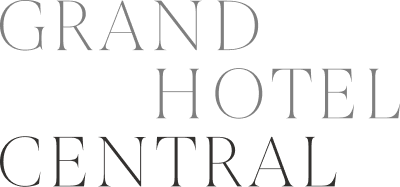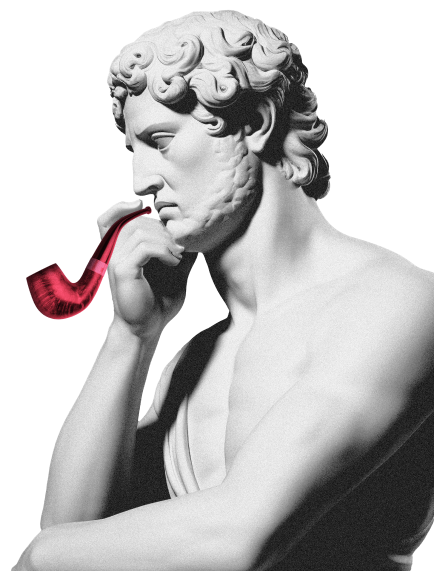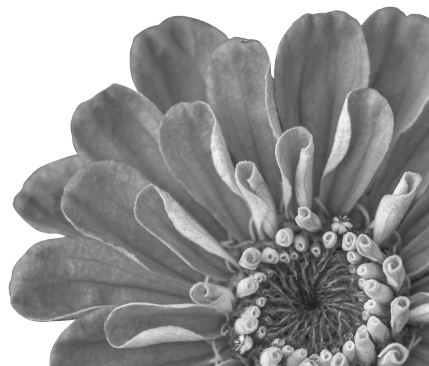Explore exclusive experiences, tailored for Grand Hotel Central guests. Uncover all that this vibrant city has to offer.
SIGNATURE EXPERIENCES
Curated adventures for sophisticated travelers
Things to do in Barcelona
A CITY FULL OF CULTURE AND FUN
Get On The List And Get Up To 15% Off
Thank you for subscribing to the newsletter.







